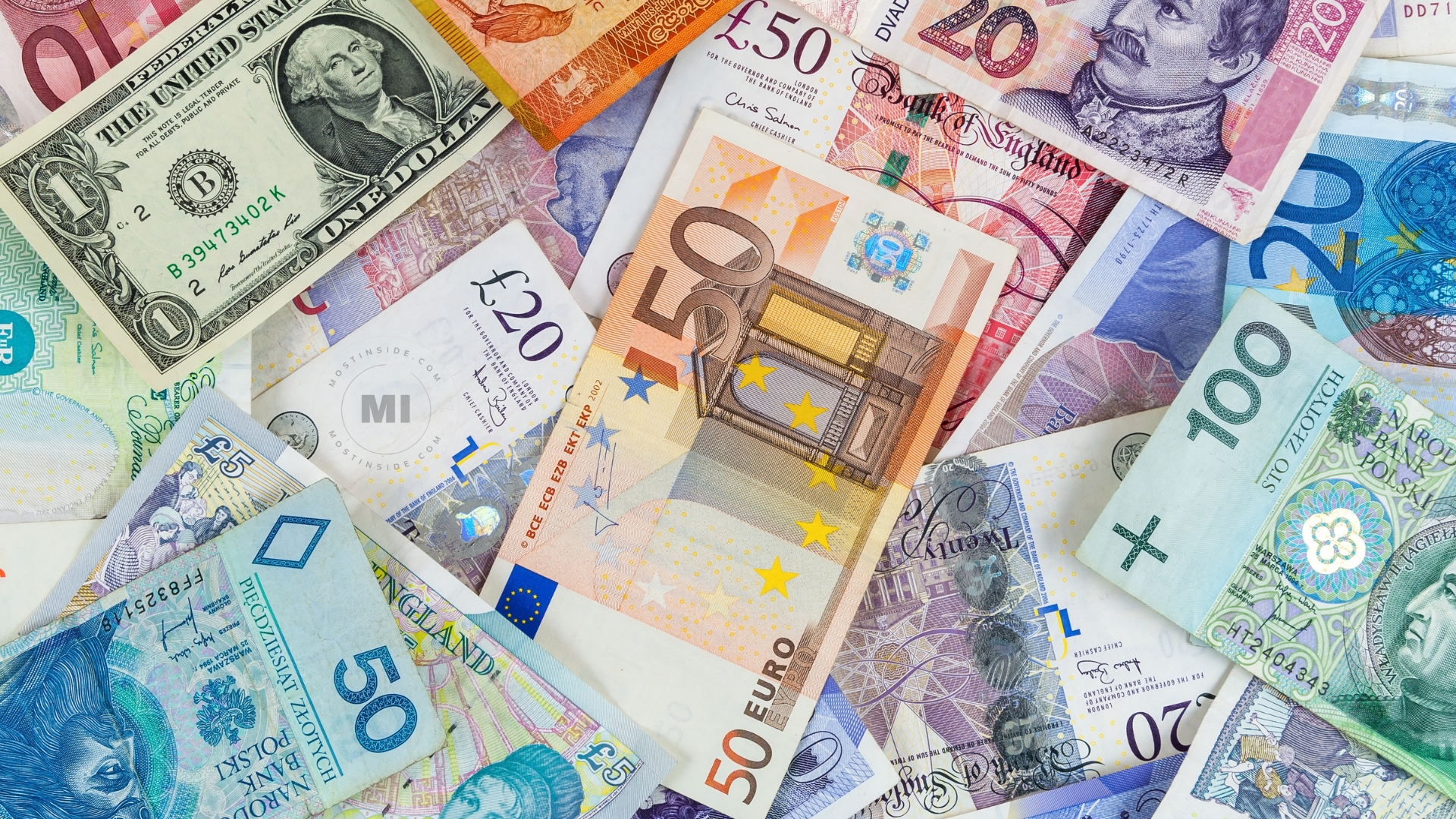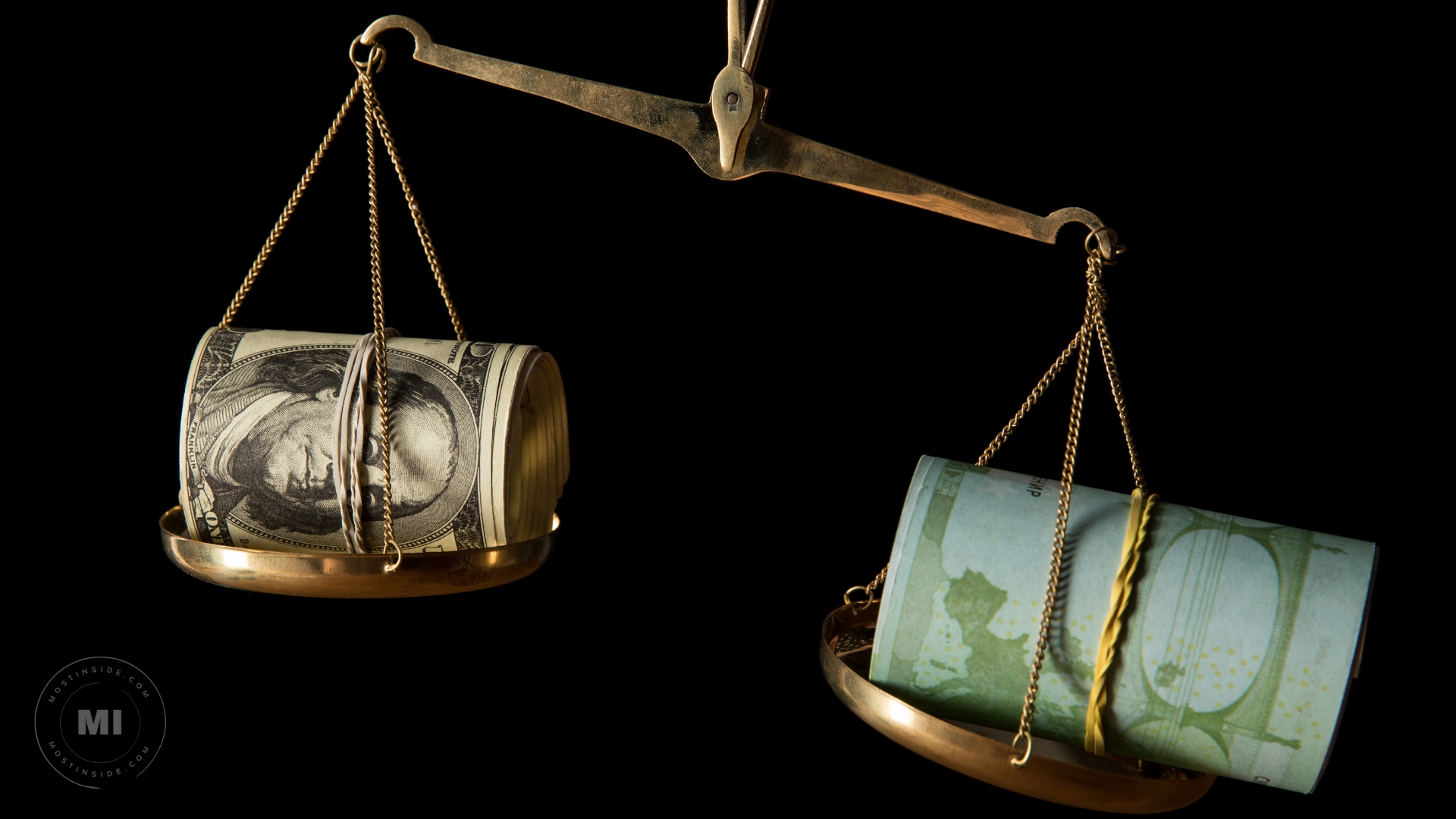10 Tips for Global Currency Trading

Currency trading is one of the most important aspects of our global economy. It helps keep the money flowing between different countries and allows businesses to conduct transactions easily.
However, trading currencies can be a bit daunting for beginners. On that note, here are some essential tips to get you started.
1. Do Your Research
Before dipping your toes in trading, it’s important to research and understand the different currencies involved. You’ll need to know the current exchange rates, how much each currency is worth concerning others, and what factors can affect currency values. Plenty of online resources can help you with this, so don’t hesitate to take advantage of them.
It is of utmost importance that you know when to buy and sell currency online. The market is ever-changing, and you need to be able to adapt to the situation quickly. While researching, pay attention to global events that could potentially affect currency values. For example, if there’s a political crisis in a country whose currency you’re trading, the value of that currency is likely to go down.
2. Start Small
When you’re first starting out with currency trading, don’t take on more than you can handle by trading large sums of money. It’s best to start small and gradually increase your trading amounts as you gain more hands-on experience. This way, you can minimize your losses if things don’t go as planned.
Trading small amounts will also help you get a feel for how the market works and what strategies you should use.
3. Use a Reputable Broker
There are many brokers out there who can facilitate your currency trading ventures. However, make sure to choose a broker that is regulated by a financial authority in your country. This will help ensure that your broker is legitimate and that your money is safe.
Brokers can help you in various ways, like providing you with detailed analysis and access to trading platforms. Some brokers also offer educational resources to help you learn more about currency trading. Most people use a broker because it’s more convenient and less risky than trading currencies on your own.
4. Have a Plan
When trading currencies, it’s important to have a plan and stick to it. Know your goals and what you’re willing to risk before entering the market. Once you’re in, remain calm, and don’t let emotions dictate your decisions. If things ever start to go south, don’t be afraid to pull out. Sometimes, it’s the smartest move to minimize your losses.
Keep in mind that currency trading is a long game. Don’t expect to make a fortune overnight. It takes time, patience, and a lot of research to be successful when threading these waters.
5. Use Stop-loss Orders
A stop-loss order is an order that automatically sells a currency when it reaches a specific price, used to limit your losses. For example, if you’re buying currency A, you might set a stop-loss order for 10% below the price you paid. This way, if the value of A plummets, you won’t lose more than 10%.
Stop-loss orders can be very beneficial, however, keep in mind that they’re not foolproof. They don’t always sell at the exact price you set, and there can sometimes be a big difference between the price you set and the price at which the currency actually sells.
6. Be Patient
Currency trading is a waiting game. You need to be patient and wait for the right opportunity to enter the market. Rushing in and out of trades is a surefire way to lose money.
It’s also important to remember that the market can be volatile, and that there will be times when you won’t make any money at all. Don’t get discouraged – just stay patient and wait for things to turn around, as they’re bound to at some point.
7. Be Mindful of Fees

When conducting any kind of financial transaction, it’s important to be aware of the fees involved. Many different fees can affect your profits, so make sure you do the math before making any trades.
For example, some brokers charge a commission on each trade, while others charge a flat fee. Other fees, like overnight financing charges, may also be considered. All of these need to be taken into account when making trades.
Make sure to shop around and compare different brokers to find the best deal. Pay attention to things like transaction costs, spreads, and account fees. Also, don’t forget to factor in the currencies’ costs.
8. Don’t Put All Your Eggs in One Basket
When trading currencies, it’s important to diversify your portfolio. This means not putting all of your money into a single currency.
By spreading your money around, you’ll be less exposed to risk. If one currency goes down, you’ll still have others that are doing well. This will help protect your overall investment and maximize your chances of making a profit.
Furthermore, don’t put all of your money into one type of investment. For example, don’t just invest in stocks – diversify your investments by investing in bonds, commodities, and other assets too. This will further reduce your risk and help you achieve your goals.
9. Keep Your Eye On the News
Various factors can affect currency prices, such as the economy, political developments, natural disasters, etc. It’s important to stay up-to-date on the latest news to ensure you make nothing but informed decisions about your trades.
There are several ways to stay on top of the news, including subscribing to financial news websites, following currency-related accounts on social media, and setting up Google Alerts. You can even find a few reliable finance bloggers and follow their analysis for more in-depth coverage.
10. Protect Your Trading Account

Last but not least, it’s vital to protect your trading account. This means not sharing your password with anyone and using a strong password that includes letters, numbers, and special characters.
You should also enable two-factor authentication (2FA) if it’s available. This adds an extra layer of security by requiring you to enter a code from your phone or another device whenever you log in.
Additionally, be sure to keep your antivirus and firewall software up-to-date. This will help prevent hackers from gaining access to your account.
Trade Your Way to The Top
Currency trading can be a complex and risky endeavor, but if you approach it carefully, do your research, and follow our tips, you can make a significant profit.
Staying patient, diversifying your portfolio, and staying on top of the latest news is key. With some time and practice, you’ll be a currency trading expert in no time!
Recommended For You
When Is the Right Time to Set Up a Meeting?
Most Inside
Most Inside offers high-quality recommendations and valuable updates to enhance all aspects of your life, providing premium guidance and enriching experiences.




